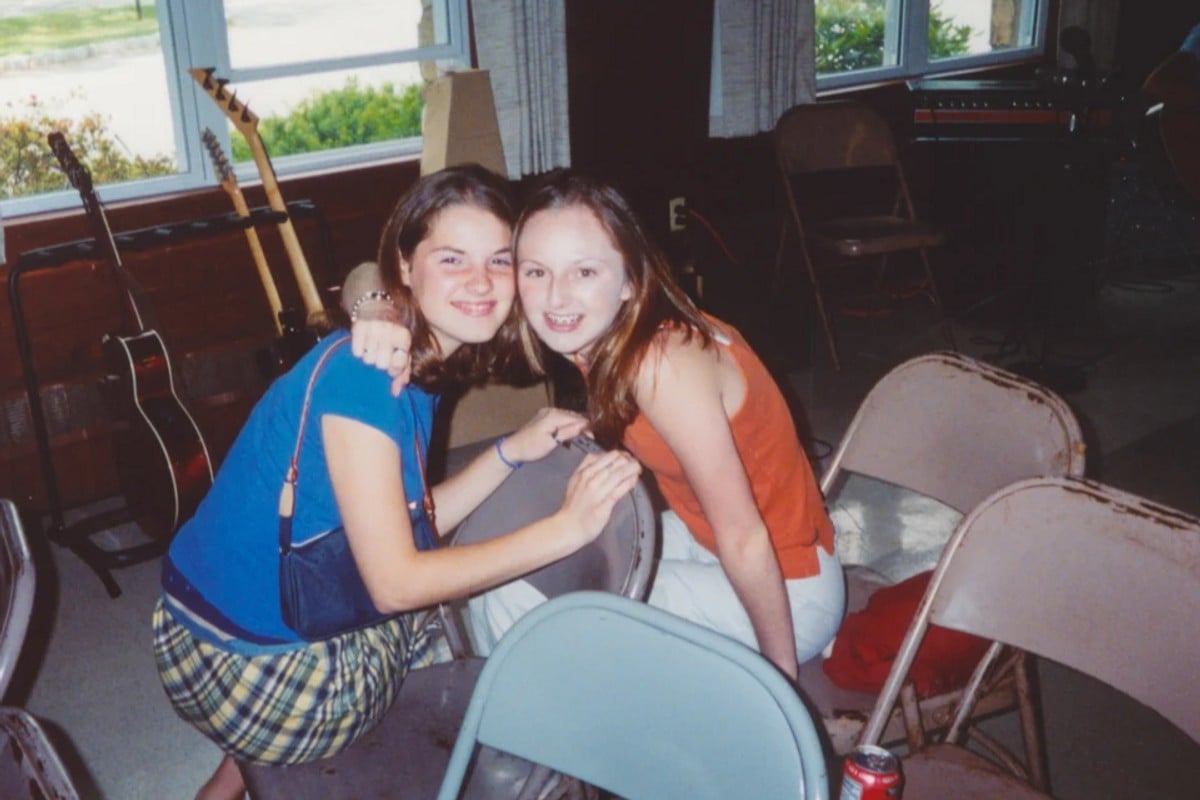
If you want to support independent women's media, become a Mamamia subscriber. Get an all-access pass to everything we make, including exclusive podcasts, articles, videos and our exercise app, MOVE.
Working with teenage girls has been one of the most rewarding and revealing experiences of my life. Again and again, I hear the same clear message: "just listen to us."
It's not fix us. Not lecture us. Just be there.
After eight years of sitting in circles with teenage girls through my charity, The Flourish Journey, I've heard it all; the heartbreak, the wisdom, the overwhelm, the kindness.
The moments they feel invisible, misunderstood, or like no one's really listening, not even the people who love them most.
Teenage girls are standing at a threshold. They're no longer little kids (even though they'll always be in their parents' eyes), and they're not yet adults. They're in the messy, beautiful in-between, figuring out who they are and how they fit into the world.
Watch: How to tell your child bad news. Post continues below.





























































































